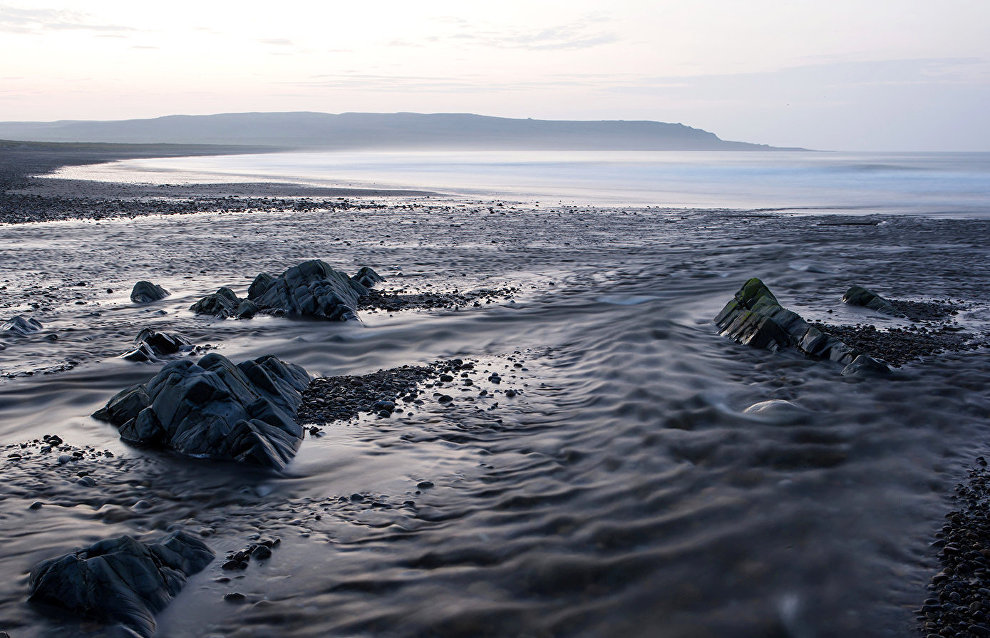St. Petersburg researchers will study the influence of oil production on Arctic coastal ecosystems
An international group of researchers will evaluate the coastal ecosystems of the Barents Sea, the press service of St. Petersburg State University (SPbU) reports. The project will last three years.
"The goal of the project is not only to compare the species composition of Arctic ecosystems and the geochemical background in a given area, but also to determine the functional link between them. We will identify pollution components and their influence on Arctic ecosystems. In the past, we could use archive data for this purpose. Today, however, we need to create new databases and synchronize the work of various experts," said project director Prof. Andrei Granovich.
SPbU biologists, geochemists from the Gramberg Research Institute of Geology and Mineral Resources of the World Ocean (VNIIOkeangeologia) plus experts from the private Norwegian research and consultancy company Akvaplan-niva AS joined forces in 2014 to develop common approaches to monitoring the Arctic environment. The project will be boosted by a multidisciplinary project, Environmental monitoring of Arctic coastal ecosystems: Sensitivity to petroleum pollution (Arctic EcoSens), which has been launched under a grant from the Russian Foundation for Basic Research (RFFI) and the Research Council of Norway (Norges Forskningsrådet).
At the first stage of the three-year project, SPbU biologists will collect samples of various taxonomic groups in coastal Arctic areas, including unicellular and multicellular organisms, as well as brown algae and higher plants. The researchers will study ecosystems both in heavily polluted areas such as the Kola Bay, and in the places where the human impact is low. The geochemists from VNIIOkeangeologia will compile the geological profiles of the areas under research, which will include the content and possible origin of various organic compounds there, primarily polyaromatic hydrocarbons.
Following that, large-scale proteomic and metabolomics studies will be conducted at the SPbU Research Park. "In the past, we could only analyze indirect pollution indicators, such as species composition and population characteristics of the aquatic organisms. Today the SPbU Resource Center studying the development of molecular and cellular technology has modern cutting-edge equipment for assessing proteins and metabolites in the organisms. It is the first time that we can study organisms in their natural habitat," Prof. Granovich said.
A comparison of biological and geochemical results will help evaluate the sensitivity of Arctic coastal ecosystems to anthropogenic pollution, streamline environmental monitoring as well as enhance the accuracy of forecasting changes in the Arctic environment.
